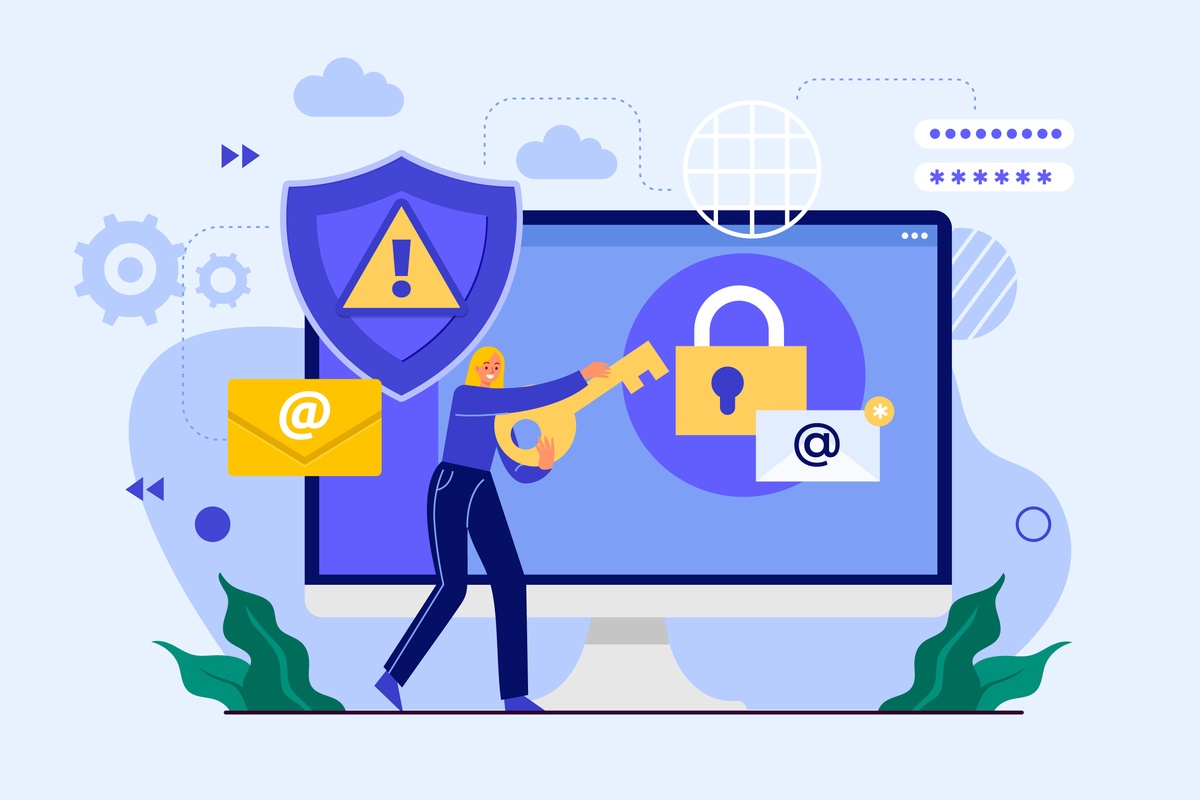In today's rapidly evolving healthcare landscape, patient engagement has emerged as a critical factor in improving health outcomes and overall satisfaction. With the increasing adoption of digital technologies, healthcare providers are exploring innovative solutions to enhance patient engagement and streamline the care delivery process. One such solution gaining prominence is Single Sign-On (SSO), a technology that offers seamless access to multiple healthcare applications with a single set of credentials. Let's delve deeper into how SSO is revolutionizing patient engagement in healthcare.
Simplified Access to Healthcare Services
One of the key benefits of SSO in healthcare is its ability to simplify access to a plethora of healthcare services and applications for patients. Rather than requiring patients to remember multiple usernames and passwords for various portals and apps, SSO enables them to sign in once and gain access to all authorized resources. This streamlined access not only enhances convenience for patients but also reduces the frustration associated with managing multiple login credentials.
Seamless Navigation Across Platforms
In a healthcare ecosystem characterized by a multitude of digital platforms and applications, seamless navigation is paramount for both patients and healthcare providers. SSO facilitates smooth transitions between different systems, allowing patients to move effortlessly from one application to another without the need for repeated authentication. Whether accessing electronic health records (EHRs), scheduling appointments, or participating in telehealth consultations, patients can navigate various platforms seamlessly, thereby improving their overall experience.
Enhanced Data Security and Privacy
Data security and privacy are paramount concerns in healthcare, especially given the sensitive nature of patient information. SSO plays a crucial role in bolstering security by implementing robust authentication mechanisms and centralized access controls. With SSO, healthcare organizations can enforce strong authentication protocols such as multi-factor authentication (MFA) to verify the identity of patients, thereby reducing the risk of unauthorized access and data breaches. Additionally, SSO enables granular control over user permissions, ensuring that patients only have access to the information and services relevant to their care.
Personalized Patient Experiences
Personalization has become a cornerstone of modern healthcare delivery, with patients increasingly expecting tailored experiences that cater to their unique needs and preferences. SSO facilitates personalization by providing a unified view of patient data across disparate systems and applications. This holistic view enables healthcare providers to gain deeper insights into patient histories, preferences, and care plans, allowing for more personalized interactions and treatment recommendations. By leveraging the comprehensive patient data accessible through SSO, healthcare organizations can deliver targeted interventions, proactive health management strategies, and personalized health education resources.
Improved Patient Satisfaction and Engagement
Ultimately, the overarching goal of SSO in healthcare is to enhance patient engagement and satisfaction. By removing barriers to access, streamlining navigation, bolstering security, and enabling personalization, SSO empowers patients to take a more active role in their healthcare journey. Whether accessing medical records, communicating with healthcare providers, or participating in remote monitoring programs, patients benefit from a seamless and cohesive experience that fosters engagement and fosters trust in the healthcare system.
Conclusion
In an era defined by digital transformation and patient-centered care, Single Sign-On (SSO) has emerged as a valuable tool for enhancing patient engagement in healthcare. By simplifying access to healthcare services, facilitating seamless navigation across platforms, ensuring data security and privacy, enabling personalization, and improving overall satisfaction, SSO plays a pivotal role in empowering patients to take control of their health. As healthcare organizations continue to prioritize patient experience, SSO is poised to remain a cornerstone technology in their efforts to deliver high-quality, patient-centered care.
By leveraging the power of SSO, healthcare providers can foster stronger relationships with patients, drive better health outcomes, and ultimately, transform the healthcare experience for all stakeholders involved.


No comments yet